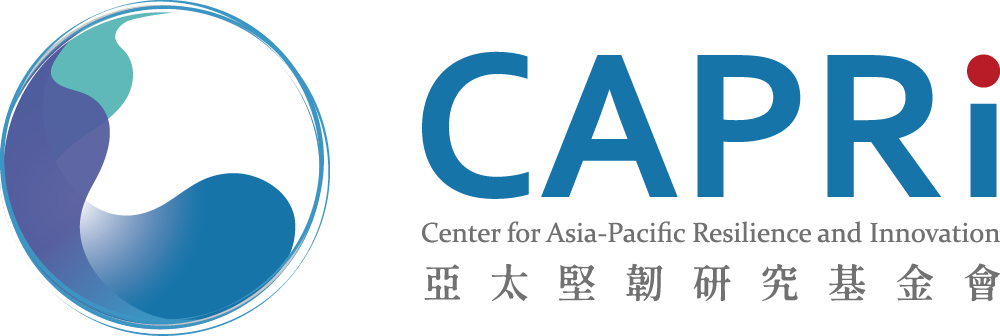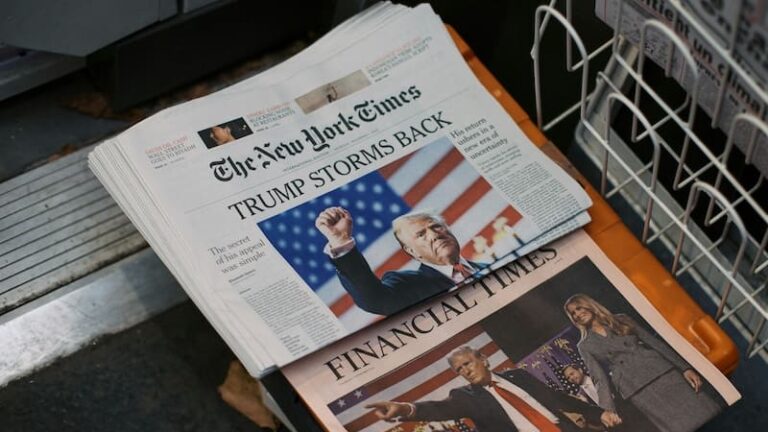Event details | Event recording
2023-03-23 StanShih Foundation
After attending a speech by Richard Bush, former Chairman of the American Institute in Taiwan, founder of Acer Group Stan Shih stated, “Although competitive vote seeking is a drawback of democratic politics, I am fully confident in Taiwan’s future democracy. Even though politics can be chaotic, the experience Taiwan gains as it learns to govern better will set it on the path to becoming a global model.”
The Center for Asia-Pacific Resilience and Innovation (CAPRI) and the National Taiwan University College of Law invited Dr. Bush to Taiwan to deliver a speech titled “Difficult Choices: Building Taiwan’s Resilience for an Uncertain Future.” The participants shared their concerns about the numerous challenges facing Taiwan’s democratic system. Even though the election process in Taiwan is occasionally disorderly, Stan is optimistic about the future of Taiwan’s democratic politics.
Stan noted that Taiwan’s education levels are high and that, because of the country’s long history of democratic development, continual elections, and frequent changes in power between political parties, the population is relatively rational. While chaos does occur on occasion, it is an unavoidable result of the electoral system. In addition, Stan hopes that Taiwan’s democratic experience will serve as a global example and contribute to the international community.
One of questions asked in an audience survey at the event was, “Who do you think is driving a wedge between the Taiwanese?” Many participants agreed that Taiwan is inherently divided and no single political party or nation is to blame. Political parties do not cause social polarization, but rather reflect division along geographical, ideological, and socioeconomic lines.
Dr. Bush also urged the leaders of Taiwan’s political parties to meet, engage in frequent and open dialogue, and agree on Taiwan’s future development. Stan concurred, proposing that leaders use the “5C” decision-making principles of “communication, communication, repeated communication, consensus, and commitment” to reach consensus and subsequently follow through on their commitments to advance a shared vision for Taiwan.
Dr. Bush also polled the attendees with the question, “Are you confident in the future prospects of Taiwan?” A total of 79% of the respondents indicated that they were confident or somewhat confident. When asked, “Do you believe Taiwanese citizens and corporations should pay more in taxes in order to meet the needs of social welfare?,” 43% believed that only large corporations should pay higher taxes. In addition, 78% indicated that they were willing to pay more for electricity if to help reduce pollution and the emission of greenhouse gases. On China, 56% believed that China is more of a threat than an opportunity for Taiwan’s future, whereas 40% believed that China is both a threat and an opportunity.
On Taiwan’s security, 80% of the respondents believed that the length of required military service in Taiwan should be at least one year if China’s military power continues to grow. when asked, “Who do you think is driving a wedge between the Taiwanese?” 45% of respondents believed that Taiwanese society is inherently divided and that political parties do not cause social polarization, but merely reflect it.
Stan stated that it is difficult for different political parties to reach consensus because they are focused on winning votes. This is a blind spot in the electoral system; the opposition party finds ways to prevent the ruling party from achieving its goals in hopes of regaining power.
Dr. Bush’s keynote address was hosted by Professor Syaru Shirley Lin, Chair of CAPRI. The second half of the event featured three panelists: Professor Alicia García Herrero, Senior Researcher of European Think Tank Bruegel, and Chief Economist for Asia Pacific at Natixis; Mr. Enoch Wu, chairman of the Forward Alliance (Taiwan), and Professor Yeh Jiunn-rong, National Taiwan University chair professor, former Minister of the Interior, and former Minister of Education. They discussed Taiwan’s good governance from a cross-generational perspective in front of the audience of Taiwanese students and other members of society.
Stan has a positive outlook on Taiwan. There is substantial consensus regarding Taiwan’s future, and many of the students present had exceptionally insightful views. “I believe Taiwan’s future will improve with each subsequent generation. If someone claims that one generation is inferior to the previous generation, then it is our responsibility to ensure that each generation is stronger than the last.”



